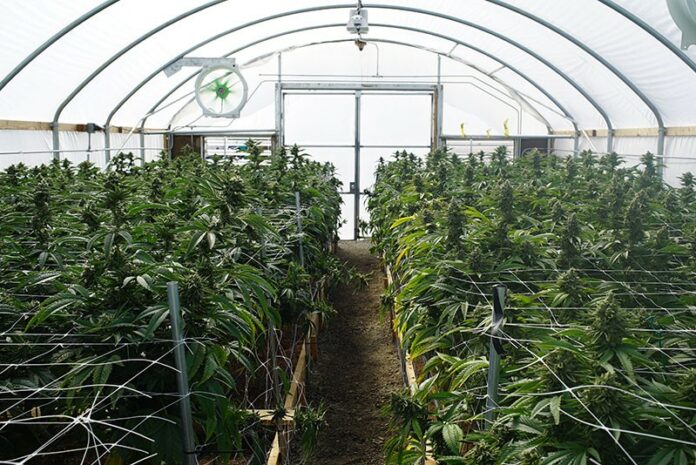Last week, Sonoma County officials unveiled proposed regulations to govern medical cannabis business operating in the unincorporated areas of the county. Given that much of the county’s rural and agricultural land lies in these areas, these regulations will have a significant impact on the future of medical cannabis businesses—particularly those in cultivation—operating in Sonoma County. The proposed cultivation regulations have several key features:
Outdoor Cultivation
Outdoor cultivation would be limited to properties zoned for agriculture or “resources and rural development.” Outdoor cultivation would not be allowed in land zoned as “rural residential.”
Outdoor cultivation would require a minimum parcel size of
2, 3, 5, or 10 acres depending on the size of the cultivation operation.
The maximum size of any outdoor cultivation operation would be 1 acre.
Multiple operators could jointly cultivate outdoors, but only one agricultural parcel with the total canopy not to exceed the 1-acre limit.
Indoor Cultivation
Indoor cultivation would be allowed on industrial, agricultural and other residentially zoned properties; however, indoor cultivation operations larger than 5,000 square feet would be limited to industrial zoned properties.
No minimum parcel size would be required for indoor cultivation.
The maximum canopy size permitted in any indoor cultivation would be 22,000 square feet.
Multiple operators could jointly cultivate in a single indoor facility on agricultural or industrial zoned properties, but the total canopy could not exceed 5,000 square feet on agricultural parcels or 22,000 square feet on industrial properties.
At a meeting hosted by the county last week, many of the 200-plus attendees expressed concerns that regulations were too restrictive or that they would be unable to comply. That appears to be the unfortunate cost of transitioning into a highly regulated environment. There is no one-size-fits-all approach. The good news is that growers and other stakeholders still have a chance to voice their opinion before the Sonoma County Planning Commission starting Oct. 13 when they will discuss the proposed regulations.
Aaron Currie is an attorney with Dickenson, Peatman & Fogarty who assists cannabis businesses in compliance with state and local laws. Contact him at ac*****@*****aw.com









